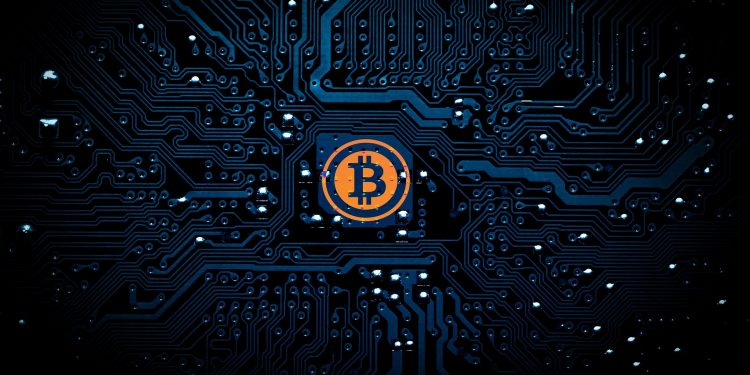Curtains Down To Virtual Currency?: Reserve Bank Turns Its Back To Bitcoin And More

Is It Curtains Down To Virtual Currency In India? Reserve Bank Turns Its Back To Bitcoin And Other Crypto Currencies
An expressive gesture by a director of the Reserve Bank Of India has signalled that bitcoins and other virtual currencies will not be allowed to be used in our country. He has said that it would not be accepted to use these currencies for any sort of payments or settlements while agreeing that the underlying technology is here to stay. Since the past few months, the talk in the government, regarding curbing the use of virtual currency is gaining a lot of heat, but an official ban is still being awaited. So what is this virtual currency and how can it be potentially utilized in a developing nation like India? Let’s look at how it could help India achieve economic gains and what it could mean to have low-cost options like bitcoin, which is being termed as the Internet of Money.
The Rise Of Virtual Currency As A Financial Option
Today, we live in a world where everyone and everything is connected in the virtual world of internet. In such a scenario, it is not surprising that even currency has made its way online. In 1989, David Chaum, an American computer scientist and cryptographer, formed a company called DigiCash, which was the 1st company to lead systems and processes in the online payment area. They used a currency called Ecash and another system, called cyber bucks, which surprisingly were implemented by some of the banks. But overall, they failed since they were unable to convince lots of banks and merchants and also they were unable to provide good support for user to user transactions. Then, in 2008, a group of programmers introduced Bitcoin, whose transactions are recorded in a blockchain, by a process called mining. Bitcoin became a new barter for different currencies, products and services, succeeding stupendously where other forms of digital currencies failed, overcoming all the problems that were the failure of the others.
The Recent Situation In India Curtailing BitCoin And Other Cryptocurrencies
In India, 2016 was the year when people across India started knowing and using Bitcoin. According to a report, there were around 50,000 bitcoin wallets and up to 700-800 bitcoins were traded every day. Cryptocurrencies were being used for E-commerce, paying bills and buying gift vouchers online. It was also around this time, the RBI was considering making use of these currencies in remote areas, instead of setting up banks. Bitcoin was being termed as Virtual gold, and people everywhere were trying to buy some to have it in their online wallets. However, with all its popularity, Bitcoin has come under the scanner for attracting criminals who use it for ransomware and people who are using it for evading tax. These are the same concerns which the government and RBI have regarding the use of these cryptocurrencies to bypass and launder money for criminal and terrorist activities. Hence, the statement from RBI restricting its usage in India.
The Big Debate Regarding Whether To Accept It Or Not
The Debate regarding the use of Bitcoins and other virtual currencies continues. To consider some of the Cons apart from the risk of money laundering, there is widespread lack of awareness, it is non-refundable and there are high risks involved. But when we look at some of the advantages, it is accepted globally, easily accessible, no/low transaction fees and it is easily convertible into other currencies. So inevitably, this is going to be the next big thing in terms of financial technologies. The RBI stand on the matter may only delay the onset of this form of currency, but just like how technology has evolved in many other areas, its advent in the financial world cannot be stopped. We just need to consider how to legalise it and use it judiciously, and how it could be used in combating the use of cash for money laundering and funding terrorist activities. Working on these concerns, rather than delaying decisions on its use, will stand us in far better stead, in terms of working towards a financially stable nation. Let us be more open-minded in accepting more advancements in technology rather than taking a backseat and wait until the rest of the world overpowers us.
